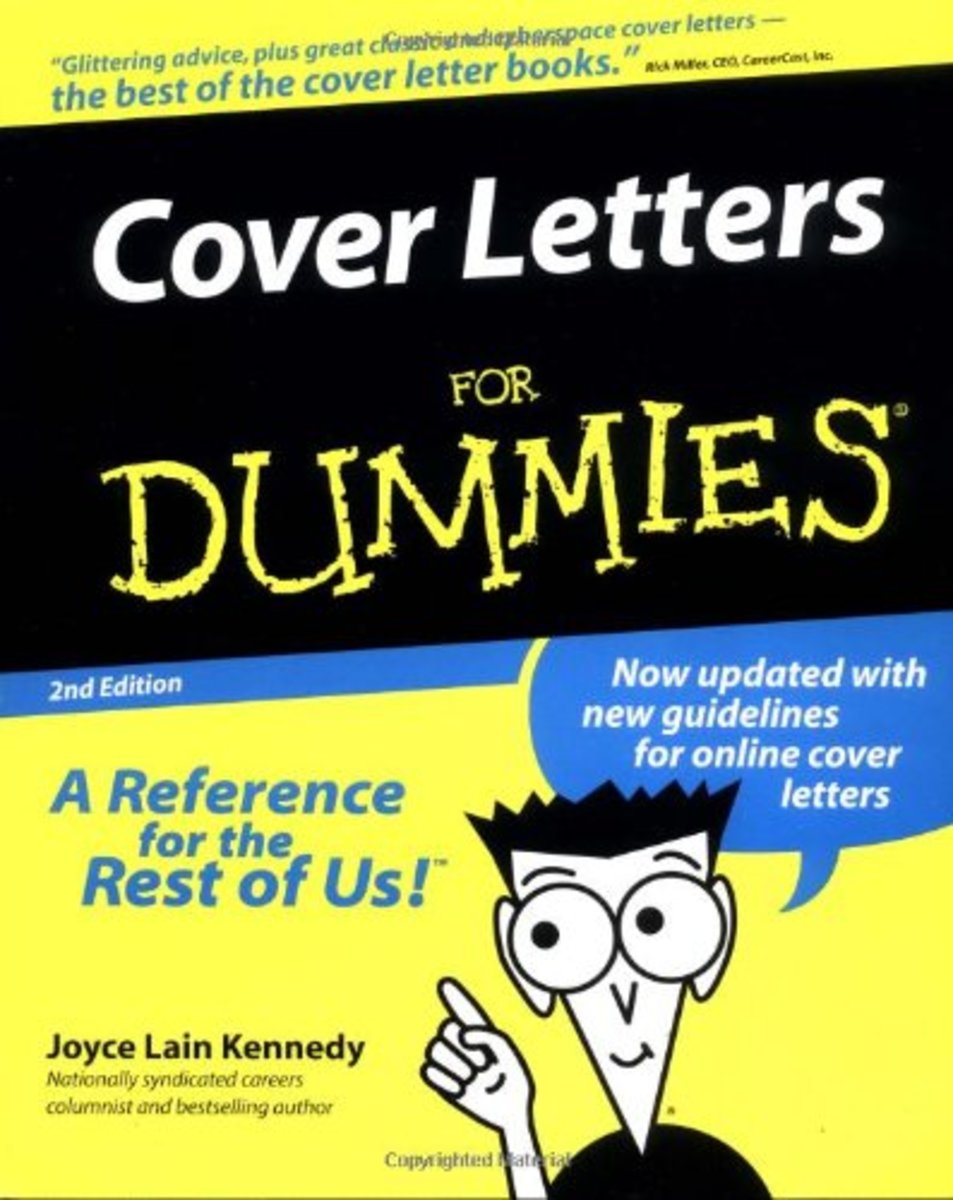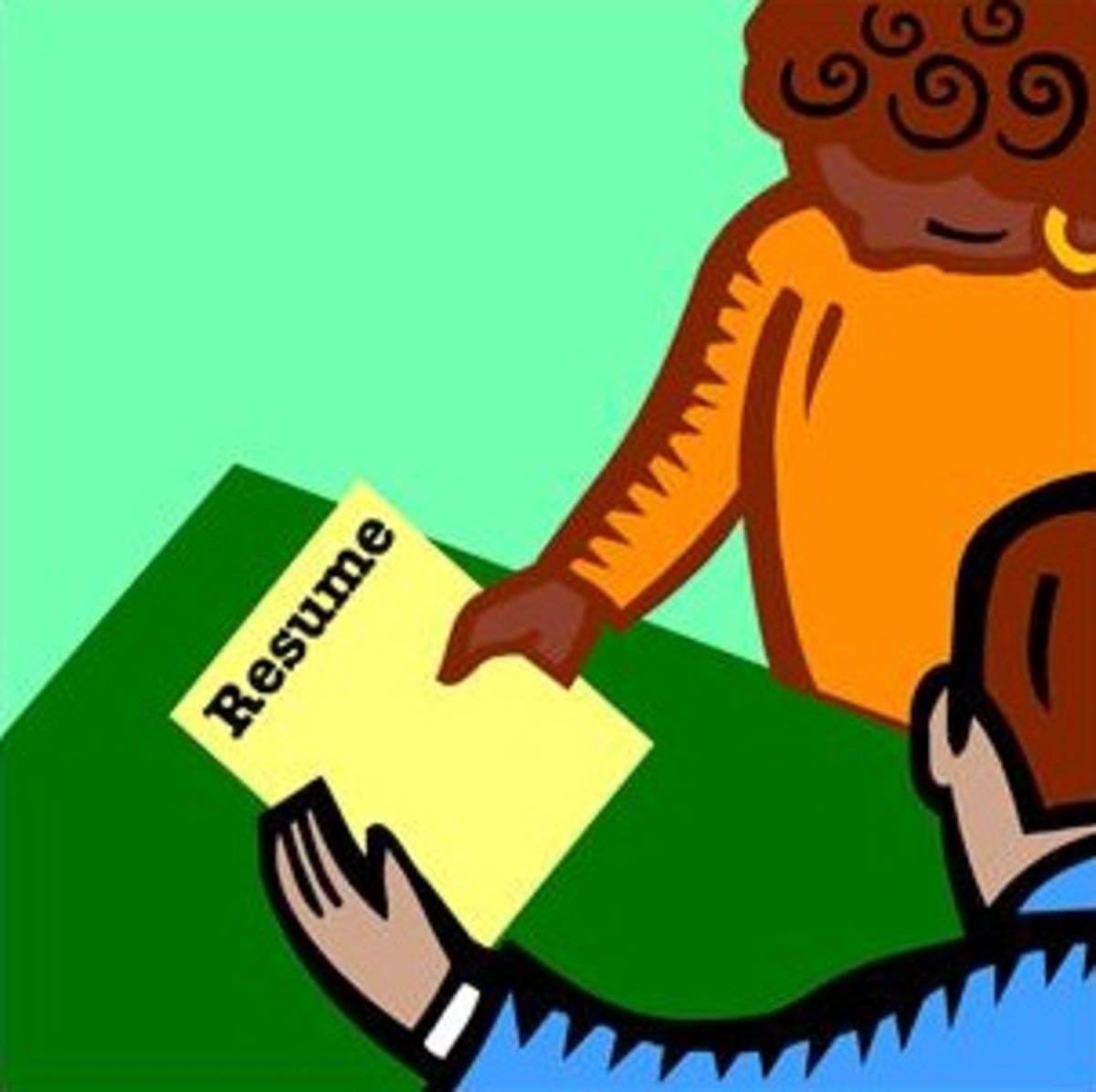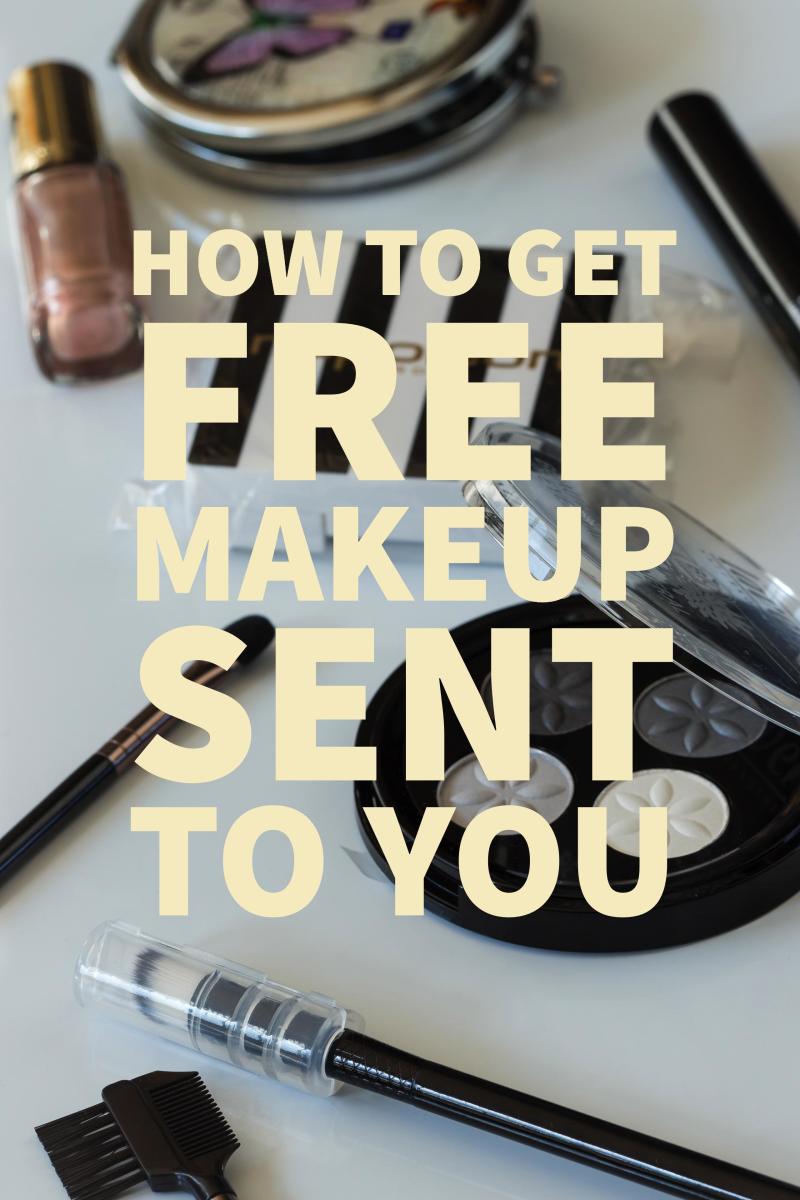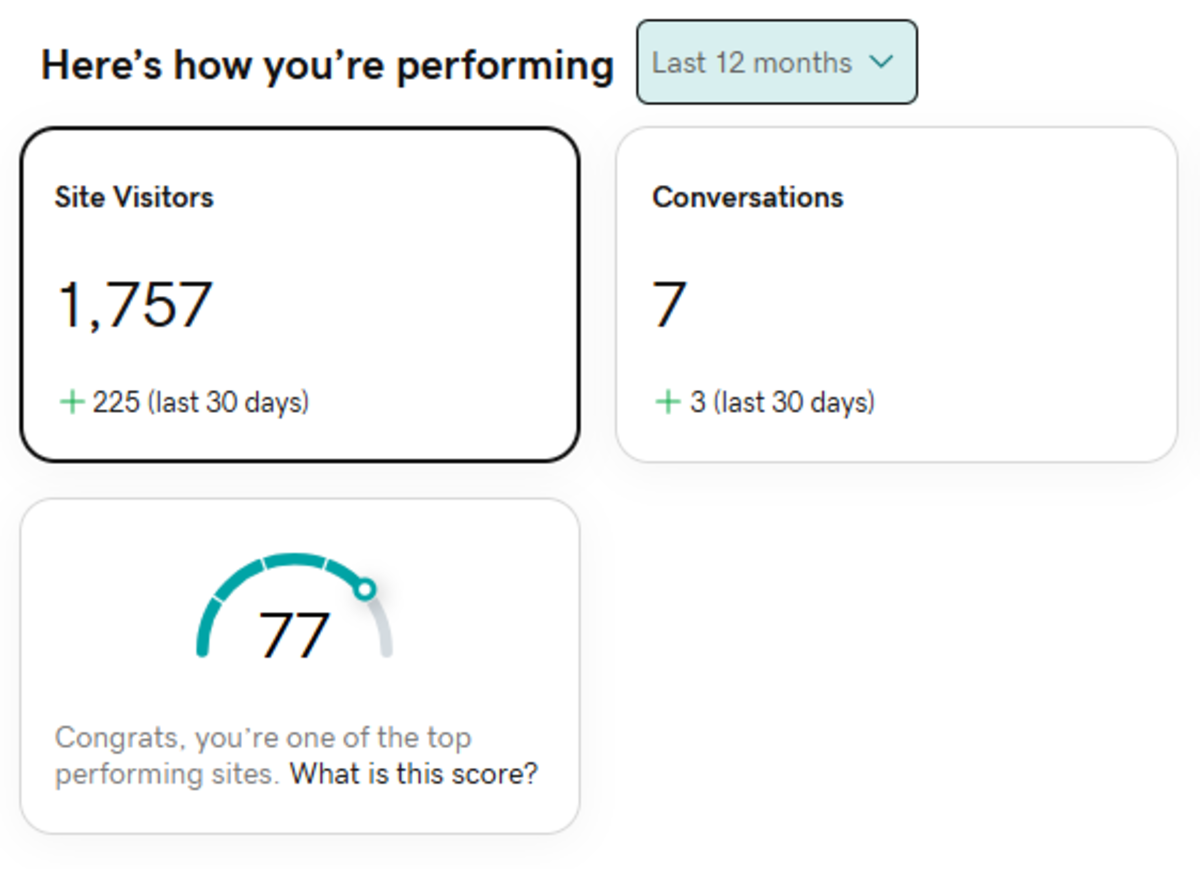Why Write a Cover Letter and What to Include
Why Write a Cover Letter?
Reason One: To Be Well Informed
Research the company. Learn everything you can about a company before you consider applying there. Know all the possible duties of the position and its authority before you apply for it.
Make sure you know the industry well before you considering entering it. If you enter an interview in an industry you know nothing about, they are liable to use terms you don’t know, and you will just look ignorant. You also won’t get hired.
To research an industry, try goggling the name of the industry and clicking on the top five picks.

Make sure you know things like:
- What the company sells or does
- The position you are applying for and its duties
- How many people are employed
- Their business volume, net worth, stability, and annual report
- Their competitors
- The interviewer’s wants and needs
- The company’s locations (their headquarters, branch offices, etc.)
- Salary ranges (if you can find that out)
- Contact names and titles
You would be surprised how often you will be in an interview and be asked about these items. Having knowledge of them beforehand puts you a foot above the others. Plus if you don’t know the simple things, they often think you are ignorant, just want a job, and don’t care about their company in particular.
Most interviews will include some information listed above. If you can add to what they say or correctly answer their questions, you will impress their socks off. Know the company! It’s worth the time and effort.
Go to the company’s website, and check out their “About Us” section. Read about anything they have going on. You may want to read about their news articles. Also, when you pick up the application or go there to submit your resume, pick up a brochure or pamphlet on the company. This will really help. Learn as much as you can.

If you can get a reference from an employee who is already in the company, you have a very good chance at success! That, of course, means that you have a friend who works there. Having lots of friends can be very beneficial!
Have a large network of long-term friends and associates, and you will have access to lawyers, accountants, teachers, etc. You can find out about terminology in their jobs, if that is the field you are going for. The list is endless if you ask your friends for help.
Another route is adding employees in your related department or in the human resources department to your Linked-In website. Make sure it is very professional beforehand.
Only add professional contacts. Upload your resume there. Don’t use text jargon or slang. You can “friend” the “friends” of associates that you have "friended". Also, "friend" recruiters. You can even act ignorant and say, “I’m new to the job market. Would you mind looking over my resume?”
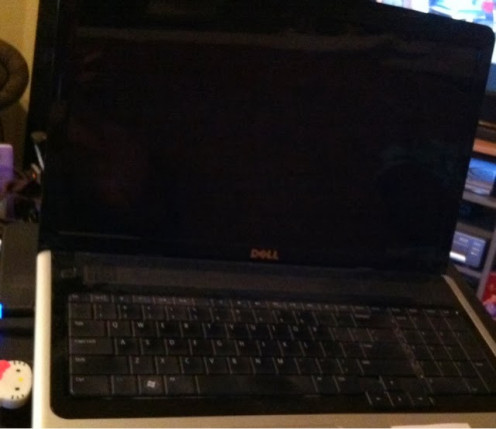
When you are writing your cover letter to the company, include something that shows that you took the time to research their company in particular. A cover letter gives you a chance to illustrate how well you would fit in their company.
Let them know that you are exactly their type of person. The cover letter gives you the opportunity to show them that you match the job they are trying to fill and that your character matches their company perfectly.
If you are interested in more than one company, you may want to have clear notes on each company you apply with. You could create a “Company Research Worksheet.”
What to Include in a Company Research Worksheet
Company Name:
|
Location and Phone Number:
|
Position:
|
Research:
|
Also include any relevant notes or comments about the company to help you along the way.
Example of a Company Research Worksheet
Company Name: XYZ Company
Location and Phone Number: 123 Main Street, Detroit, MI, 33333; (303) 555-1111 – about 30 minutes from my house (include directions)
Position: Administrative Assistant (pay depends on experience; great benefits)
Research: Website address; list things you already know about the company and the position; include salary, duties, company size, benefits, how old the company is, the size of the company, and the stability of the company.
Reason Two: Include Additional Information
Your resume gives them much detail on you, but a cover letter gives you a chance to add anything that didn’t make it into your resume. You can discuss a particular accomplishment and how you achieved it. Be specific in the steps you took to achieve this accomplishment and how you made it benefit the company as a whole.
A cover letter can also be useful in letting a company know special skills that are particularly useful for their industry, this position, or their company as a whole. Talk about what you have to offer them. Wow them with your skill set.
Remember what you read about their mission, goals, and vision on the “About Us” section of their website. What are their priorities? What do they find to be most important?
Now, on your cover letter you can show things you did in your previous jobs that matches with their mission, goals, and vision. Show how you fit in by showing how you can help them accomplish their mission. Clearly show you have the skills and qualifications for the position so that you can land it!
Reason Three: Explain Any Discrepancies
The great thing about a cover letter, regardless of the company, is that it gives you a chance to explain any discrepancies or inconsistent items on your resume.
For example, if you had to take off a year and a half, because you had a long term illness, don’t tell them that. You don’t want them to think you might have another long term illness. Instead, use a cover letter to “cover yourself.”
For example, surely you were doing something else during that time, like donating food to the poor. Therefore, you could say, “Since my experience was unrelated to my career during 2003 and 2004, I did not include them on my resume. However, I took that time to work on some charity work at The XYZ Foundation feeding the poor and donating my time and experience."
Add a Cover Letter With Each Resume You Send Out

Try to write a cover letter with each resume you send out. If you send your resume via email, make the body of the email the cover letter.
For an electronic cover letter, take out the formatting, avoid tabs (use asterisks if you must), make sure the title they are looking for is in a summary on your resume, and make sure you attract their eyes! Often, companies just scan resumes and cover letters to see if “buzzwords” or key words are on there.
Word has templates that you can easily follow for these letters, but if you wish to follow examples, here are a few:
Example #1

A COVER LETTER (Example 1)
Date
<Name of company, Name, Title, Address>
Dear <Mr.>,
This letter is express my interest in <name of position> listed on <site/source>. Based on my skills in <skills listed in posting> and <skill listed in posting>, I am confident that I would be a great addition to your team!
My resume that highlights my knowledge and expertise in <specific subject matter> and <specific area or industry> is attached. During my time at <company>, I was able to <succeed, save money, save time, increase productivity> in <specific area> {List example relevant to this position, focusing on how you can help the company}.
I am excited about the <position> and the ability to help your company succeed. Thank you in advance for your time. Please do not hesitate to contact me if you have any questions of need additional information.
Sincerely,
<Your name>
Key Points

- “Your company’s mission and goals align perfect with my --- skill.”
- Be short and to the point.
- Do not repeat what is in the resume
- “I feel I would be a great asset for your company.”
- Introduction: Which position you want and why you want it.
- Second paragraph: Why I am ideal. I have X years of --- experience. I have won --- awards. I am extremely ---.
- Conclusion: “ I look forward to hearing from you”
- “I am a strong match for your company.”
- Ending: Respectfully (4 lines) and then your full name. In those 4 lines, when you print it, sign your name.
Reasons to Write a Cover Letter
Become Well Informed - Research
|
Add Additional Information
|
Resolve Discrepancies
|
Related Hubpages
- The Job Interview: Job Interview Preparation and What to Ask
This hubpage covers what to do to prepare for your job interview in detail. It also covers questions you should ask or can chose from during the interview. This hub will get you well prepared! - Find the Perfect Job: Job Interview Tips and Tricks to Get Hired
A company is more likely to hire a candidate who has researched their company well rather than a candidate who knows nothing about them. It is a key way to impress their socks off! Ace your interview! - Find the Perfect Job: Examples of Resumes with Different Formats
Attached is information about the different formats resumes may have. Also shown are examples of these resumes with different formats. Chose the format that works best for you to find the perfect job. - Job Interview Letters: How to Write a Letter and Sample Letters
These are job search letters and outlines on how to create your own tailored ones. You will need to know how to create a follow-up letter, a cover letter, and a short electronic letter. - Find the Perfect Job: Reference Questions & Letters & Networking
Potential employers are only allowed to ask your references certain questions. It is important to network and gain as many business contacts as you can in ordere to find the right job for you. - Find the Perfect Job: How to Write an Ace Resume and Get Hired
The first impression you may make on an employer is often your resume. Therefore, you need to make sure your resume reflects your best work. - Find the Perfect Job: Improve Your Resume and Get Hired Today
There are many ways to make sure you have an ace resume. This post nails some key points on how to ensure you are hired! - Find the Perfect Job: Winning at Applications and Cover Letters
Sometimes the difference between getting a job and not getting a job is how you fill out your applications and if you include a cover letter with your resume. It's important to know how to write them. - Find the Perfect Job: How to Create an Impressive Job Portfolio
One of the most impressive things you can show off during an interview is a job portfolio. It shows you take pride in your presentation as a potential employee and that you are well organized. - The Job Interview: Job Interview Questions and Questions to Ask
Other Helpful Links
- WorkSmart - Tips For Success - Writing The Resume Cover Letter
Success Tips is a segment of WorkSmart, which is a multimedia, self-help guide for the person entering the job market. Success Tips includes: The Interview, The Application, and The Resume. This segment is how to write a resume cover letter. - How to write a successful covering letter
- Purdue OWL: Cover Letter Workshop
This cover letter workshop resource provides a detailed explanation of cover letter objectives and information on each section of the cover letter. The OWL maintains a number of resources on cover letters including more concise materials and PowerPoi - How to Write a Great Cover Letter
- Cover Letter Guide for Job Seekers
JobStar.org: Examples, advice & templates for a good cover lettter; when to use a cover letter; sample cover letters and more. - Cover letter samples and writing advice
Advice on how to write a cover letter including examples of speculative cover letters to support your job application. - How to Write a Covering Letter | Worklife - Jobsite
- 7 Steps To Writing A Cover Letter That Will Actually Get You An Interview - Business Insider
When it comes to the application process, you should know by now that everything you do matters. There's so much attention given to resumes that we often forget how important a cover letter can - How to Write a Cover Letter That Employers Will Actually Read
When you're applying for a new job, you often have to write a cover letter to accompany your resume and serve as an introduction to who you are. These letters must be brief yet compelling so you don't require much of the reader but still appear uniqu - Why Write a Cover Letter?
Increase your chance of getting that job interview by writing an excellent cover letter.
Other Great Websites to Help With Research
- View Jobs by Company & Research Company Information | Monster.com
- Wetfeet
- Registration | Vault.com
Vault provides insider tips and advice on jobs, careers, education, internships and more. - Welcome to America's Career InfoNet
America's Career InfoNet helps people make better, more informed career decisions. Check education, knowledge, skills and abilities, and licensing against requirements for most occupations. Search for employer contact information nationwide, cost of

